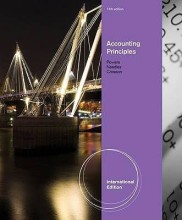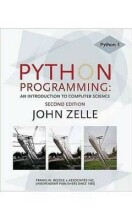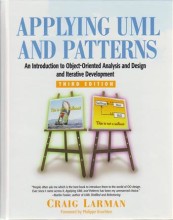Summary: Behavioral Finance
- This + 400k other summaries
- A unique study and practice tool
- Never study anything twice again
- Get the grades you hope for
- 100% sure, 100% understanding
Read the summary and the most important questions on Behavioral Finance
-
Week 1
This is a preview. There are 25 more flashcards available for chapter 18/03/2018
Show more cards here -
What are heuristics and why do we use them?
Experience-based rule of thumb or "mental shortcut". Because of limited information, limited memory, limited information processing ability, and limited time. -
Overprecision (Bazerman & Moore)
Excessive precisions in one's belief. Tendency to be too sure our judgements and decisions are accurate, uninterested in testing our assumptions. -
Overestimation (Bazerman & Moore)
Overestimation of one's actual performance. The common tendency to think we are better across a number of domains than we actually are. As a consequence, we overestimate how much we will accomplish in a certain amount of time or believe we have more control than we actually do. -
Overplacement (Bazerman & Moore)
Overplacement of one's performance relative to others. (better-than-average). Tendency to falsely think we rank higher than others on certain dimensions, particularly in competitive contexts. -
Explanations for optimism (Weinstein 1980):
- People seem to have biased idea of personal actions or plans that might affect their chances of experiencing the event, and
- People seem to compare themselves to a person who does nothing to improve his or her chances.
-
Related concept to optimism: Illusion of control
Tendency to overestimate the degree of control in situations that are governed mostly or even purely by chance. -
Planning fallacy (Buehler, Griffin & Rose, 1994) and possible explanations?
Tendency to hold a confident belief that one's own project will proceed as planned, even while knowing that the vast majority of similar projects have run late.
Explanations: focus on plan, neglect of pas experience (self-serving bias) -
Self-serving bias (Buehler, Griffin & Rose, 1994)
Tendency to attribute successes to personal factors and failures to external situational factors beyond control --> possible explanation for optimism. -
Metaknowledge (Russo & Schoenmaker 1992):
An appreciation of what we de know and what we do not know. Only when we appreciate the limits of our primary knowledge we can sensibly ask for more or better information (=being well-calibrated). -
Developing metaknowledge (Russo & Schoenmaker 1992):
- Feedback that is accurate, timely and precisely tells us by how much our estimates missed te mark.
- Accountability forces us to confront that feedback, recalibrate our perceptions about primary knowledge, and temper our opinions accordingly.
- Higher grades + faster learning
- Never study anything twice
- 100% sure, 100% understanding

































